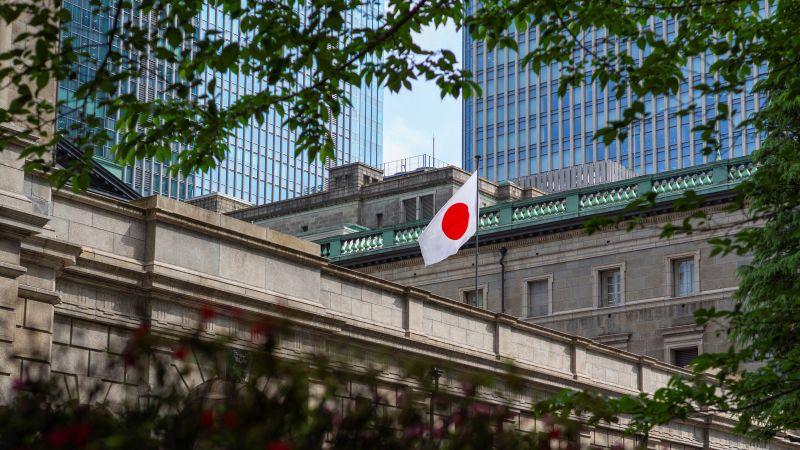In the first quarter, Japan’s economy contracted by 2.0% annualized due to weaker consumption and external demand. This poses a challenge for policymakers as they aim to raise interest rates from near-zero levels. The GDP data from the Cabinet Office showed a faster decline than expected, with private consumption falling by 0.7% and capital spending decreasing by 0.8%. However, economists anticipate a rebound in the economy in the following quarter, fueled by rising wages and income tax cuts.
Despite a decline in the first quarter, policymakers are looking towards initiatives such as rising wages and income tax cuts to stimulate flagging consumption. External demand, particularly exports, played a significant role in the contraction of the economy, with forecasts estimating a negative impact on GDP estimates. However, there is hope for a recovery in the economy as the effects of factors such as an earthquake in the Noto area and the suspension of operations at Toyota’s Daihatsu unit are expected to fade.
One of the factors contributing to concerns about higher living costs and reduced consumption is the sharp decline in the yen to levels not seen since 1990. This has raised fears about the impact on overall economic growth. The Bank of Japan raised interest rates in March for the first time since 2007 in a move away from negative rates. However, the central bank is expected to proceed cautiously in unwinding easy money conditions due to the fragile state of the economy.
Chief market economist Yoshimasa Maruyama believes that Japan’s economy has hit its lowest point in the first quarter but is optimistic about a rebound in the following months. Despite the decline in private consumption for the fourth consecutive quarter, there is hope for growth driven by rising wages and improved consumer confidence. Capital spending, a key driver of private demand, fell in the first quarter, reflecting challenges in the economic landscape.
Overall, Japan’s economy faces challenges due to weak consumption and external demand, but there are signs of improvement on the horizon. Policymakers are implementing measures such as rising wages and income tax cuts to boost consumption and spur growth. The central bank’s decision to raise interest rates for the first time in over a decade indicates a shift in monetary policy, but cautiousness is advised due to the delicate nature of the economy. Despite uncertainties, there is hope for a rebound in the economy in the upcoming quarter.


